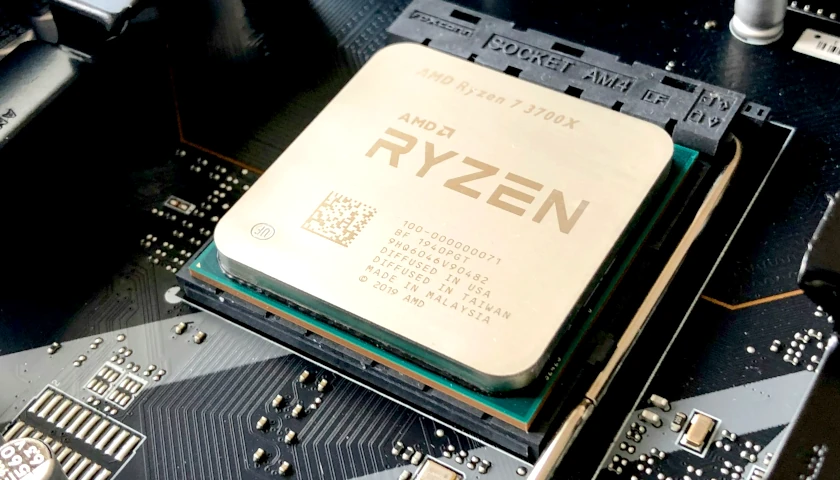by Jake Smith
A black market network is evading Biden administration sanctions and delivering high-tech chips to China, according to a Wall Street Journal investigation released Wednesday.
Advanced artificial intelligence (AI) chip systems are highly prized by China in the country’s ongoing race to rival the American technology industry, and the Biden administration has imposed sanctions and export controls to prevent Beijing from getting its hands on them. Chinese companies and organizations are still obtaining these chips — specifically Nvidia AI chips — through a black market network made up of buyers and sellers spanning multiple countries, according to a WSJ investigation of records of the distributors involved.
 Under the Biden administration’s restrictions, Nvidia can sell its chips to third-party suppliers inside countries like Taiwan or Singapore, but not China, according to the WSJ. But these countries don’t adhere to the Biden administration’s restrictions and it typically is not a violation of law if chips from those countries are sold and delivered to China.
Under the Biden administration’s restrictions, Nvidia can sell its chips to third-party suppliers inside countries like Taiwan or Singapore, but not China, according to the WSJ. But these countries don’t adhere to the Biden administration’s restrictions and it typically is not a violation of law if chips from those countries are sold and delivered to China.
“Whether these transactions occur through distributors or intermediaries is very difficult to track,” Frank Kung, an analyst at the Taiwanese-based market research firm TrendForce, told the WSJ.
A network of couriers across different countries in the Asia-Pacific region delivers the chips back to black market distributors in China through various means, who markup the chip prices and advertise the chips online, according to the WSJ. The WSJ found more than 70 distributors advertising their wares, 25 of whom the outlet established contact with.
“It does become very hard, but don’t be silly, there is always a way,” a Beijing-based distributor told the WSJ when asked how they obtained the chips.
In one instance identified by the WSJ, a Singaporean-based distributor who went by “Brother Jiang” — having arranged a sale to a black-market connection in China — recruited a Chinese student vacationing in Singapore to bring them back to China last fall. The student brought the chips home, and evaded any trouble from airport authorities, as he did not break any Singaporean laws.
Once home, the student was paid $100 for each chip by a Chinese-based black market seller, according to the WSJ. The student told the WSJ he would help facilitate another sale in the future, given the opportunity.
Resell prices for the Nvidia AI chips are much higher than the shelf price; an A100 chip is resold by $22,500 and the H100 for $32,400, compared to the usual shelf price of $10,000 and $25,000, according to the WSJ. Some distributors sell server systems with eight premium Nvidia chips costing a whooping $300,000 dollars.
Though the underground network doesn’t sell enough chips to meet the needs of a Chinese tech giant, it can provide enough for AI startups or research organizations, according to the WSJ. Some of the distributors told the WSJ they have enough chips on hand to maintain stable sales, with some even offering pre orders and delivery date promises.
The Commerce Department did not immediately respond to a request for comment.
– – –
Jake Smith is a reporter at Daily Caller News Foundation.
Photo “High Tech Chip” by Olivier Collet.




